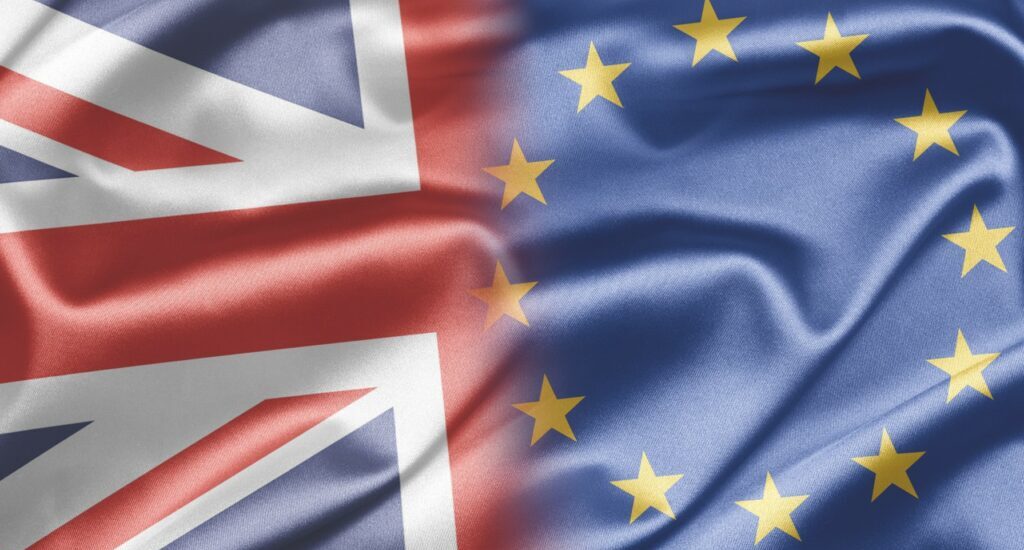News digest: Brexit
- 20/04/2021
- Posted by: Gaetan Dermien
- Category: Africa, Caribbean, Ireland, Kenya, News, Pacific

Transit procedures from EU to UK – State of play
Freshfel Europe, the European Fresh Produce Association, reports that according to the EC’s Directorate-General for Taxation and Customs Union (DG TAXUD), despite the UK being a member of the Common Transit Convention since 1 January 2021, the procedure is still not entirely reliable. The UK is not yet entirely connected to the Customs Decisions System (CDS), as they have to re-join as a third country. This onboarding procedure is still ongoing. So in theory traders may initiate transit procedures through UK to Ireland, but might need to take into account one day of waiting time at the UK border before being able to pass through, as the UK has not implemented fast lanes for perishable goods. As a worst-case scenario, as many customs offices are not yet aware of the transit procedures, T1 or T2 may not be accepted upon entry. It is recommended, before initiation of a transit procedure for the UK, to get in touch with HM Customs via the Transit network Address Book.
European Parliament committees recommend consent to EU-UK agreement
On 15 April the Foreign Affairs and Trade committees voted in favour of the agreement that sets the rules of the future relationship between the EU and the UK. Although EU and UK negotiators agreed on the terms of the Trade and Cooperation Agreement on 24 December 2020, in order to minimise disruption the agreement has been provisionally applied since 1 January 2021 and will lapse on 30 April 2021. For it to enter into force permanently, it requires Parliament’s consent. The full House is to take the final decision, as well as adopt a separate resolution, at a future plenary session. On 13 April, the Parliament’s Conference of Presidents decided not to set a plenary date in order to emphasise that the UK side needs to fully implement the Withdrawal Agreement before doing so.
Source: European Parliament press release, 15 April
Kenya signs trade agreement with UK
The UK–Kenya Economic Partnership Agreement was signed on 23 March 2021 after a ratification process that sparked debate in the Kenyan parliament. Under the new agreement, which is modelled on the agreements between the East African Community and the European Union, Kenya will eventually liberalise up to 83% of its trade with the UK over a 25-year period. There will be a progressive reduction in Kenyan tariffs over this period. The first reductions will be on capital goods from 2028. Some 1,000 products, including finished agricultural products from the UK, will be subject to a 25% tariff. Kenya retains duty-free access to the UK market for its exports, including fresh produce, fruit, vegetables and flowers.
Source: FPC Fresh Talk Daily, 24 March
Irish Sea border posts “delayed by two years”
The timeframe for permanent facilities to operate the Irish Sea border (the trade border between Northern Ireland and Great Britain) has slipped by two years – they are now not expected to be built before 2023. The agreement of the executive will also be needed, potentially complicating the process of approval. Checks are currently being run from temporary buildings in the various ports.
Source: BBC News, 16 April
UK imported less fruit and vegetables from EU countries post-Brexit
In January 2021, the UK imported significantly less fresh fruit and vegetables from EU countries than in January of previous years. In total, imports from EU countries fell by 20%. In contrast, imports from non-EU countries increased by 10%. The share of imports from the EU fell from 55% in previous years to 47% in January 2021.
Source: Fresh Plaza, 16 March
